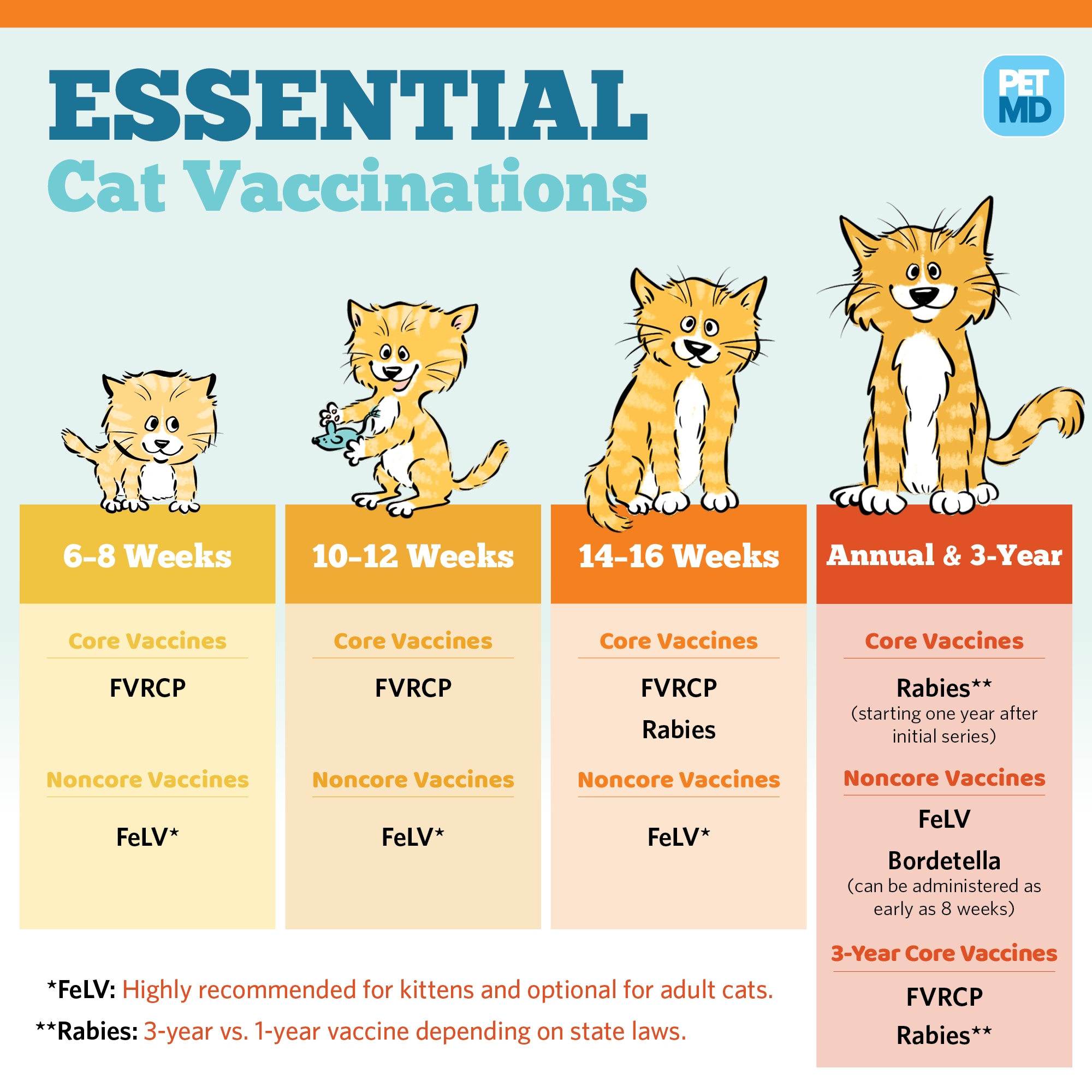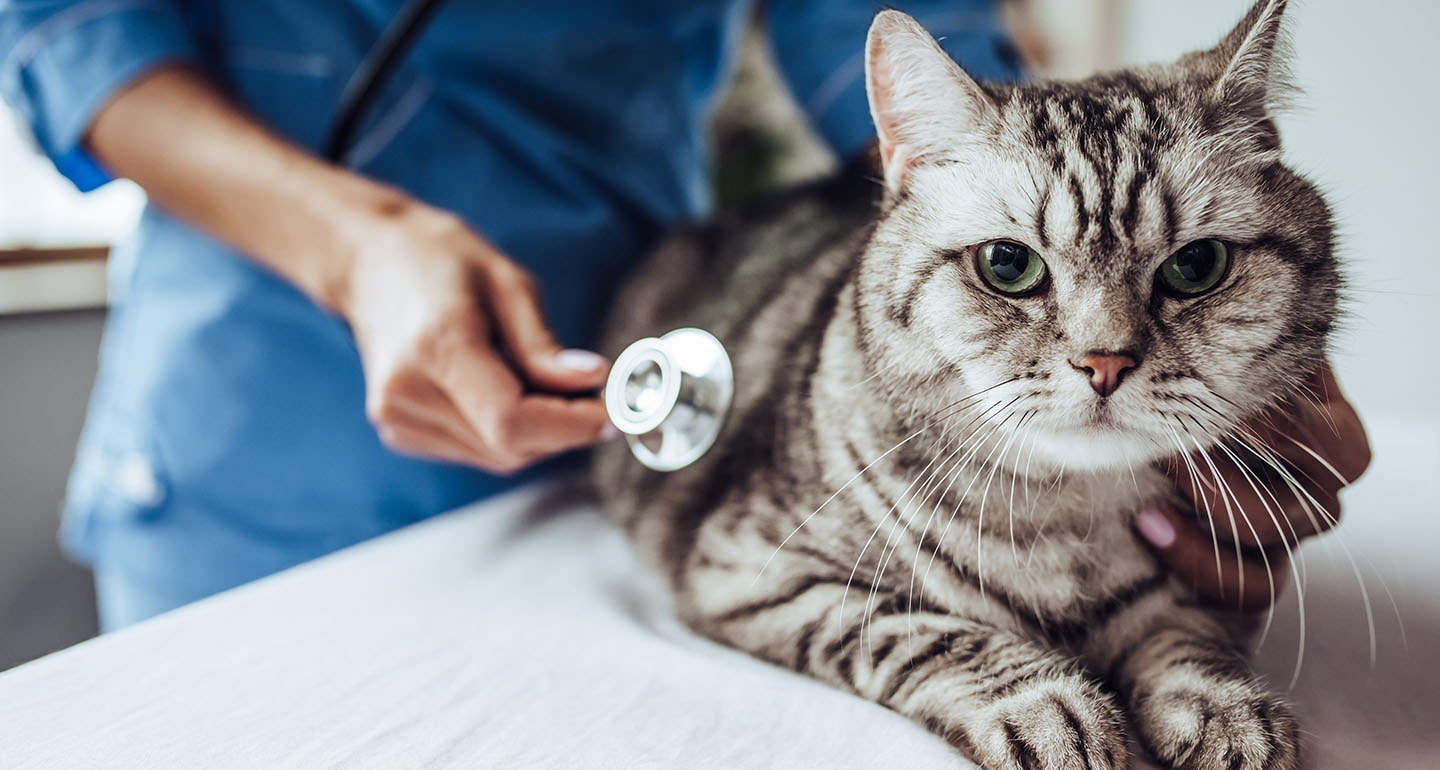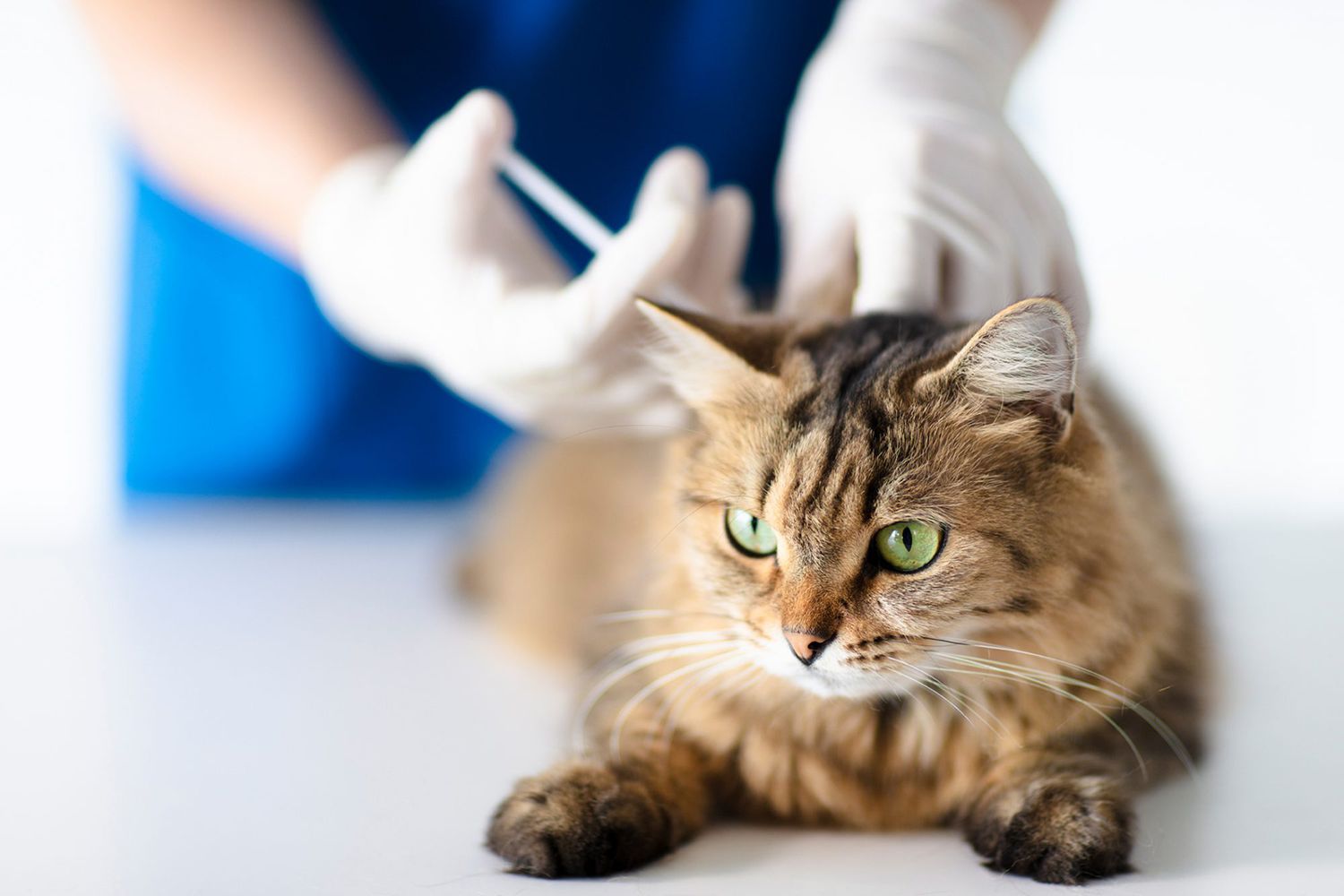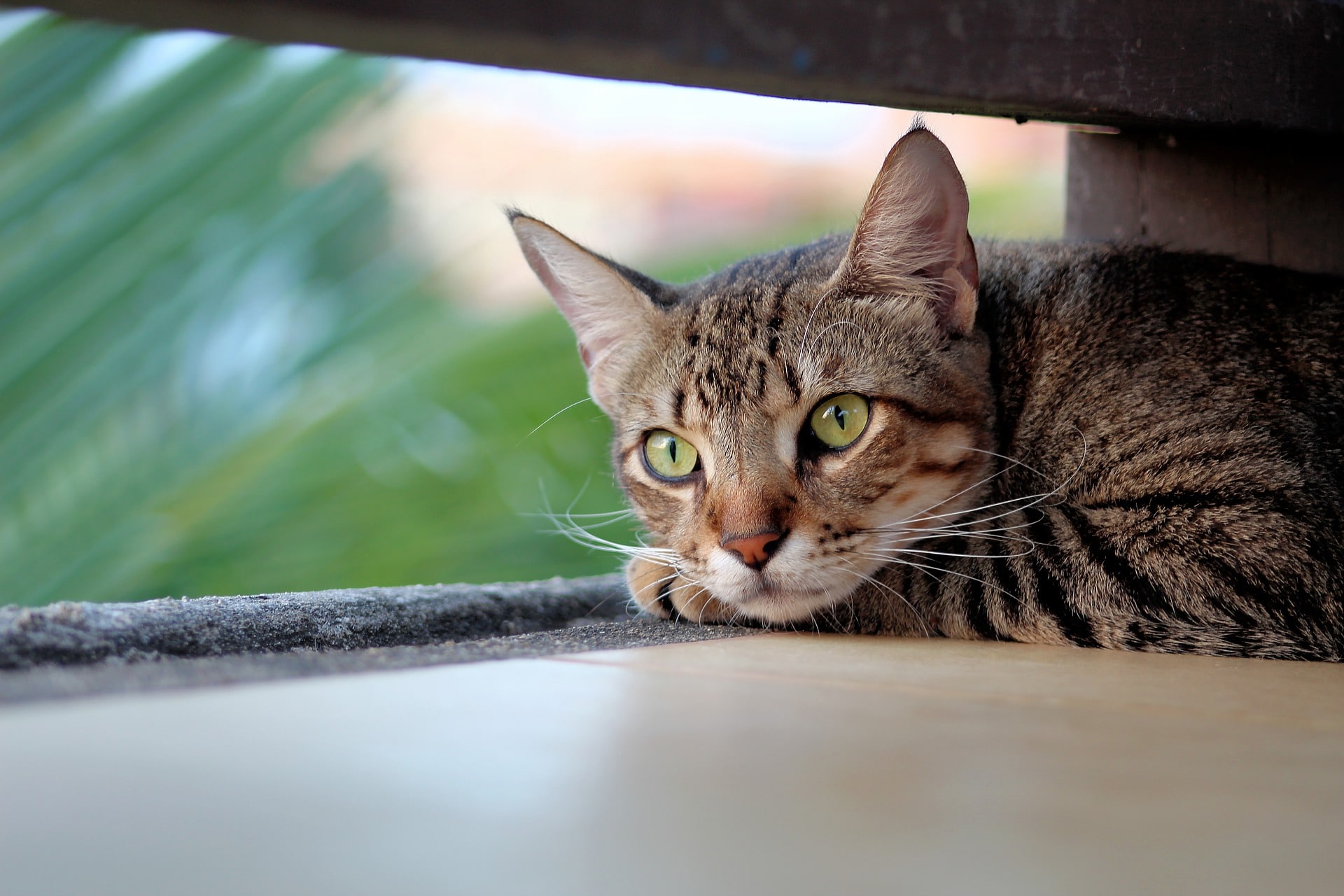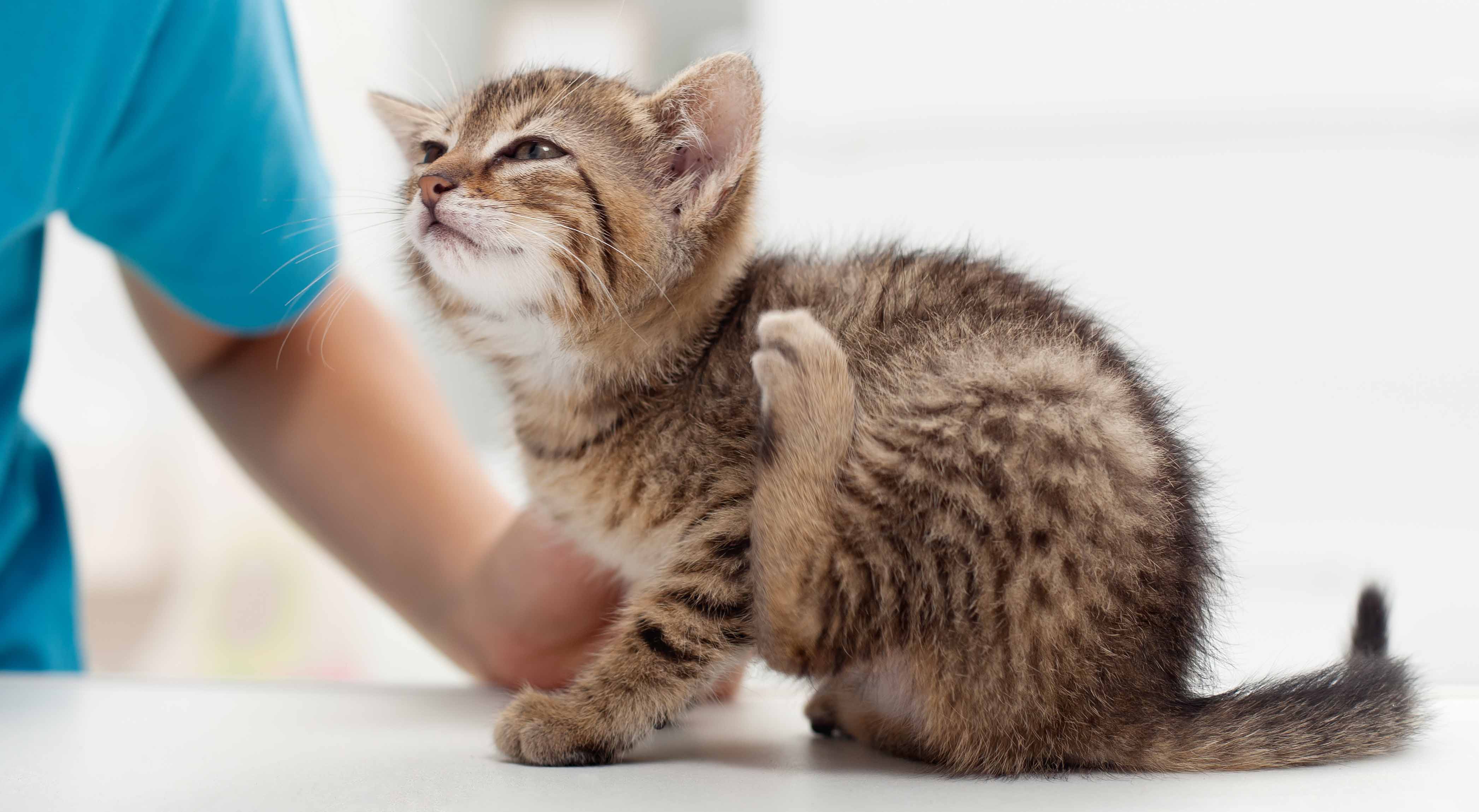Fvrcp Vaccine For Indoor Cats

The other core vaccine is the FVRCP vaccine.
Fvrcp vaccine for indoor cats. Adult cats whose vaccination history is unknown should receive a single FVRCP followed by a booster one year later before starting the three-year revaccination schedule According to Dr. For me the most important list of vaccines for indoor cats are. The FVRCP vaccine has been shown to confer immunity for at least three years so vaccinating your cats with this vaccine any more frequently is probably unnecessary.
NOBIVAC FELINE 3-HCP PROVIDES PROTECTION FOR MULTIPLE VIRUSES. Rhinotracheitis is a herpes virus and causes fever sneezing a runny nose and eyes. For indoor-only cats the recommendation is to administer the vaccine every three years.
Under the 2006 AAFP guidelines feline viral rhinotracheitis calici virus and panelukopenia or FVRCP and rabies are considered core vaccines and after kittenhood should be given every three. Adult cats with unknown vaccination records should receive a FVRCP vaccination plus a booster. Scherk this series of cat vaccinations is a must for both indoor and outdoor cats as they protect against viruses that people can transmit on their hands or clothing.
The FVRCP vaccine is one of two core cat vaccinesthe other being the rabies vaccine. Adult cats should receive a booster once every year or two according to your vets recommendation. Click to see full answer.
IMO I would not vaccinate an older cat. You might have guessed my answer to the question Should you vaccinate your indoor cat is yes. Although you referred to these vaccines as yearly some of these vaccines are not necessarily required annually.
The World Small Animal Veterinary Association says Core vaccines protect animals from severe life-threatening diseases that have global. Currently the recommendation for indooroutdoor cats is to administer the FVRCP vaccine annually. These diseases are airborne so every cat needs to be vaccinated against them.
